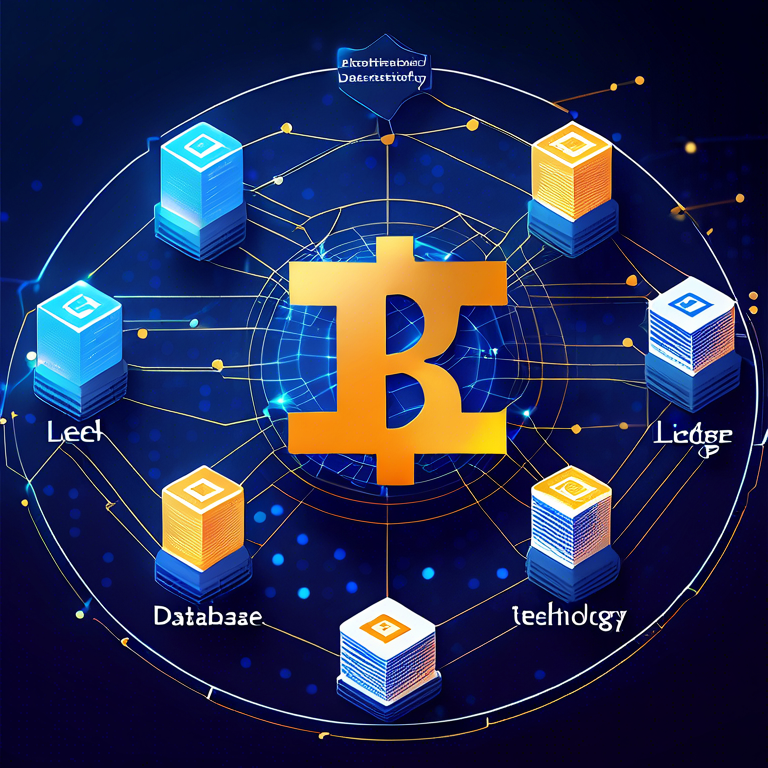In this article, we will explore the concept of free distributed ledger technology (DLT) databases, the implications of using them, and the numerous benefits they offer. With the rise of blockchain technology, understanding its structure and advantages can help individuals and businesses leverage this innovative solution effectively.

Understanding Distributed Ledger TechnologyExchange
Distributed Ledger Technology is the backbone of blockchain systems, providing a decentralized method of storing data across multiple locations. Rather than relying on a single centralized database, a DLT database allows information to be distributed and synchronized across various nodes in the network. This process enhances security and transparency, as no single entity has complete control over the data. By utilizing a DLT database, individuals can benefit from increased trust and collaboration, particularly in industries where transaction integrity is essential.
The Advantages of Using Free Distributed Ledger Technology Databases
One of the most significant advantages of free DLT databases is the cost savings they provide. Traditional database solutions often require hefty licensing fees, maintenance costs, and other expenses. In contrast, numerous open-source distributed ledger options are available that can be utilized without incurring high upfront costs. Users can implement these free systems to manage transactions, streamline processes, and foster collaboration without the financial burden typically associated with proprietary software.
Another benefit of free distributed ledger technology databases is the robust support from the community surrounding them. Since many of these solutions are open-source, developers and users alike contribute to their continuous improvement. This collaborative effort not only fosters innovation but also results in a more reliable and secure platform as issues are promptly resolved, and new features are regularly introduced based on user feedback. Consequently, enterprises can leverage the collective expertise and experience of the community to fine-tune their systems according to their specific needs.
Use Cases for Free DLT Databases
Free distributed ledger technology databases find applications across a range of sectors, including finance, supply chain management, healthcare, and many more. In the finance sector, these databases enable secure peer-to-peer transactions without intermediaries, reducing costs and increasing transaction speed. For supply chain management, blockchain data can enhance visibility and traceability, allowing stakeholders to track products in real-time and ensuring ethical sourcing practices.
In summary, free distributed ledger technology databases represent a significant advancement in data management, offering unique advantages such as cost savings, community support, and versatile applications. Embracing the potential of these technologies can position businesses and individuals at the forefront of innovation in the digital age.